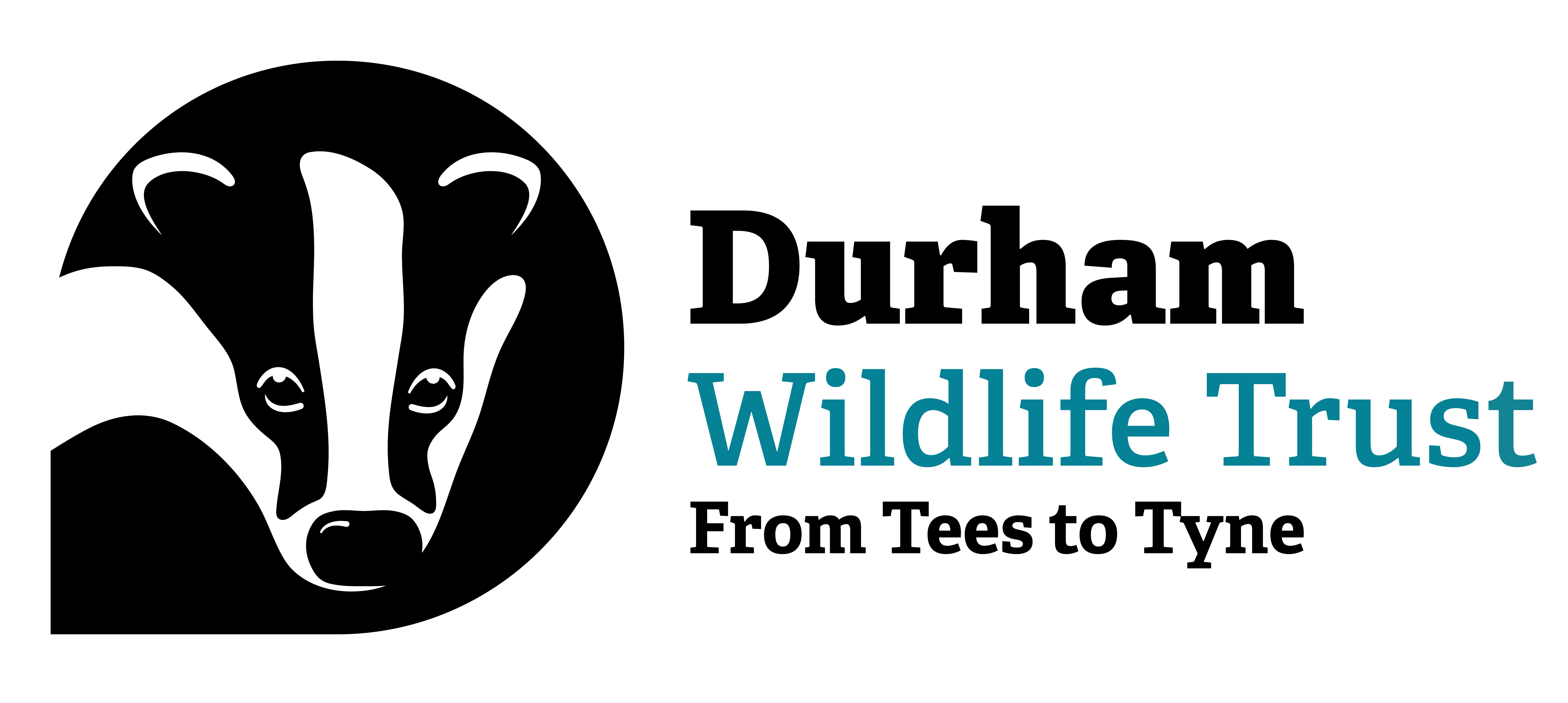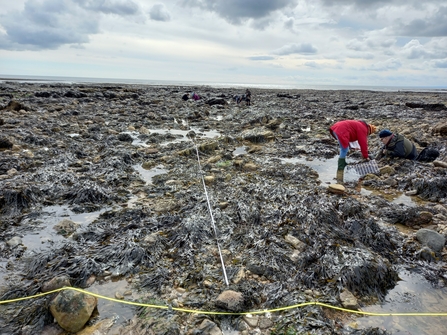National Marine Week is the Wildlife Trusts' annual celebration of the sea - shining a spotlight on the habitats, wildlife, and people that make our marine environment so special. This year, we are celebrating ‘Secrets of our Seabeds’, and there’s no better place to start than our shoreline! From beach cleans and litter surveys, to cetacean surveys and shore searches, volunteers across Durham Wildlife Trust and our partnership projects have taken part in a wide range of marine citizen science activities throughout the week, all in celebration of our seas!
Beneath our feet, beyond the tide - by Caitlin Elwin
Our shores may look clean at first glance, but a closer look often reveals signs of long-term marine pollution - a powerful reminder that a lot of rubbish is hidden in the environment, with even more remaining in the ocean.
Volunteers joined Durham Wildlife Trust and Heritage Coast Partnership, to remove litter and record the types of waste we found, as part of ongoing survey efforts. We started off the week at Crimdon, where volunteers, families and members of the community helped search the strandline for marine litter. From rope, and fishing wire, to bottle caps, cigarette ends and disposable BBQs, every piece collected tells a wider story about how our actions on land reach the ocean floor. Our fantastic team of volunteers collected a total of 23 bags of rubbish from Crimdon beach in less than two hours; three bags of which were gathered within our dedicated 100m survey area. Within this marked zone alone, over 300 items were recorded, weighing a total of 4kg – nearly 70% of these items were made of plastic. Over time, this plastic breaks down into smaller fragments known as microplastics, which pose a serious threat to the marine environment. Many marine species, including birds and fish, ingest these microplastics as they feed, and worryingly, they can also make their way up the food chain.
























